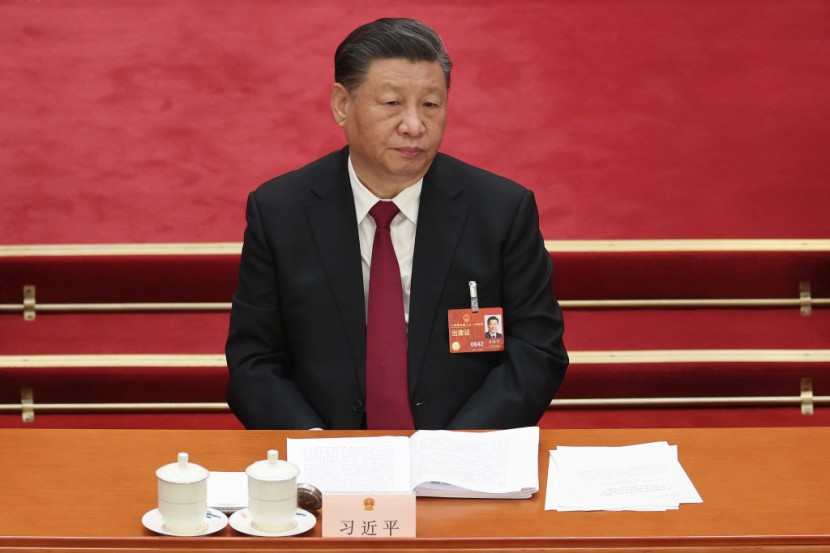
China has set a historically lowest growth target as Beijing tries to support economic recovery efforts following a tumultuous year.
The decision comes as Chinese President Xi Jinping is again moving forward with his political agendas after a year of faltering growth, widespread protests, and a surge of COVID-19 deaths. The latter resulted from Beijing choosing to abandon its stringent zero-COVID policies abruptly.
China Sets Historically Lowest Growth Target
Xi is expected to secure even more political power during the annual gathering of the national legislature that opened on Sunday. During the start of the National People's Congress, the Chinese government laid out a post-COVID agenda that focused on economic recovery with a 5% growth target, raising military, education, and social needs spending while also augmenting the president's already formidable influence.
Nearly 3,000 carefully selected delegates to the legislature will meet in Beijing for nine days. They are set to appoint a new cohort of government leaders filled with Xi loyalists by the end of the Congress, as per the New York Times.
Furthermore, the delegates are expected to approve a bureaucratic reorganization that would only further concentrate policymaking under Xi and the party. In a statement, a senior fellow at the Jamestown Foundation, Willy Wo-Lap Lam, who studies Chinese politics, said Xi is back and wasting no time to gain more political power.
Lam argued that Xi and other Chinese leaders thought they could pull back their zero-COVID policies and endure the resulting deaths without suffering under a prolonged, severe political crisis.
He added that the Chinese leadership made such a big gamble regarding the issue following widespread protests over their stringent health protocols. Lam noted that on the surface, the risk worked so far politically, despite the massive number of deaths in just the first month of the reversal of the policies.
Read Also: Russia-Ukraine War Update
Xi Jinping's Power Plans
The situation comes as workers at the largest iPhone factory in the world fought against police wearing hazmat suits in Zhengzhou in November last year. Video footage of the incident quickly became viral across social media platforms despite the Chinese government's efforts to censor the incident, according to Fox Business.
The decision to set a historically low growth target contrasts China's growing military budget, which received a 7.2% increase this year. The country's military budget is currently at $230 billion, an increase of roughly $16 billion from last year's total.
The Asian country's budget increase caps a year of unprecedented tension between China, the United States, and Taiwan. In a statement last month, CIA Director William Burns said that Xi ordered his military to be ready to invade Taiwan by 2027.
While the National People's Congress is set to confirm Xi's third term as president, they will also name a new premier, which is second-in-command under the president and comes with the departure of incumbent Li Keqiang.
The meetings, which are known as Two Sessions, are particularly significant as delegates are set to reshape several key Communist Party and state institutions. Furthermore, BBC said Chinese lawmakers are expected to tighten control over bodies that oversee the finance sector and scientific and technical work.
Related Article: India's Take on Saudi Arabia's Presence at G20 Summit








